The “McDonalds Supports Israel” controversy began when its Israeli franchise started providing free meals to the Israeli military following the October 7 Hamas attack. This decision by Alonyal Ltd, the operator of 225 McDonald’s restaurants in Israel, sparked global backlash and significantly impacted the fast-food giant’s business operations worldwide.
Following this controversial move, McDonald’s faced widespread boycotts in Muslim-majority countries, including Kuwait, Malaysia, and Pakistan, with consumers questioning whether McDonald’s was directly supporting Israel in the Gaza conflict. The boycott gained momentum after it was revealed that thousands of free meals were donated to Israel Defense Forces personnel during a time when Israeli bombardments had killed about 3,000 people in Gaza.
In response to growing criticism, McDonald’s Corporation attempted to distance itself from the situation by stating it was “not funding or supporting any governments in this conflict”. However, the damage was already done. Ultimately, McDonald’s decided to buy back its 30-year-old Israel franchise from Alonyal Ltd, taking control of all locations that employ more than 5,000 people. This article examines the controversy, the resulting McDonald’s Israel boycott, and how the corporation’s response reflects broader challenges of global brands operating in geopolitically sensitive regions.
The Free Meals Controversy: What Happened
The October 7 attack and McDonald’s Israel’s response
The conflict originated on October 7, 2023, after Hamas launched a surprise attack on Israel that killed approximately 1,300 Israelis. In immediate response to this violence, McDonald’s Israel announced on its social media accounts that it would support relief efforts throughout the country.
Alonyal Ltd’s donation to the Israeli military
Alonyal Ltd, the franchisee operating McDonald’s in Israel for 30 years, quickly mobilized its resources. By October 12, the company declared it was donating 4,000 meals daily to Israeli Defense Forces (IDF) units, police, hospitals, and residents in affected areas. Additionally, the franchise offered a 50% discount for soldiers and security forces visiting their restaurants.
The scale of support was substantial – McDonald’s Israel opened five restaurants exclusively for preparing donations. Within days, they had distributed 12,000 meals to the IDF and Israeli citizens, eventually reaching tens of thousands of total meals. Social media posts showed vehicles loaded with McDonald’s packages being delivered to military bases in Southern Israel.
Public reaction and viral social media posts
Consequently, the franchise’s actions sparked immediate backlash across Muslim-majority countries. By mid-October, “#BoycottMcDonalds” was trending on X (formerly Twitter). Vocal protests emerged worldwide as the grassroots boycott expanded beyond the Middle East.
The controversy intensified as Israel’s retaliatory bombardment of Gaza increased casualties. While Israel reported 1,300 deaths from the Hamas attack, over 1,400 people in Gaza had been killed by mid-October.
McDonald’s franchises in Kuwait, Pakistan, Saudi Arabia, and other countries quickly distanced themselves from the Israeli operator’s actions. Furthermore, some regional franchises made substantial donations to Palestinian relief efforts – McDonald’s Kuwait donated $250,000 to the Kuwait Red Crescent Society, while McDonald’s Egypt contributed 20 million Egyptian pounds ($650,000).
Understanding McDonald’s Franchise Model
How McDonald’s franchises operate
To understand the controversy surrounding McDonald’s support of Israel, one must first grasp the company’s business structure. Unlike a traditional corporate chain, McDonald’s operates primarily through a franchise model where independent business owners purchase the right to use the McDonald’s brand and system in specific locations or territories.
This franchise structure creates a complex relationship between the global corporation and its local operators. Essentially, McDonald’s Corporation acts as the brand owner while franchisees invest their own capital, pay ongoing fees, and run daily operations according to certain standards.
Autonomy of local franchisees
A critical aspect of this model is the substantial independence granted to franchisees. Local operators maintain significant decision-making authority regarding promotions, community involvement, and charitable activities. This autonomy explains why Alonyal Ltd could independently decide to provide free meals to Israeli forces without requiring prior approval from McDonald’s Corporation.
In fact, this operational freedom extends to various aspects of business management, including special offers, local marketing campaigns, and community support initiatives. Such autonomy allows franchisees to respond to local events and align with community sentiments.
McDonald’s Corporation’s initial silence
When controversy erupted over Alonyal’s military support, McDonald’s Corporation initially maintained silence. This hesitation reflected the delicate balance the corporation must maintain—respecting franchisee independence while protecting the global brand.
The corporation’s reluctance to immediately address the situation highlighted the inherent tension in the franchise model. Although McDonald’s sets broad guidelines for brand use, it typically avoids interfering in local franchisees’ community-related decisions, even when these might have international implications for brand perception.
Global Backlash and Boycott Movements
Reactions from Muslim-majority countries
The decision by McDonald’s Israel to support the Israeli military triggered immediate outcry across Muslim-majority nations. Kuwait, Malaysia, and Pakistan spearheaded the boycott movement, with Indonesia soon joining as protests expanded beyond the Middle East. Notably, the boycott gained substantial momentum after social media amplified the controversy through viral hashtags such as #BoycottMcDonalds.
Statements from McDonald’s franchises in the Middle East
In response to mounting criticism, McDonald’s franchises throughout the region rapidly distanced themselves from the Israeli operator’s actions. Franchisees in Saudi Arabia, Oman, Kuwait, UAE, Jordan, Egypt, Bahrain, and Turkey issued public statements clarifying their independence. Moreover, these franchises collectively pledged more than $3 million toward humanitarian relief for Palestinians in Gaza.
Rise of the McDonald’s Israel boycott
The grassroots boycott subsequently expanded globally, fueled by the Palestinian-led Boycott, Divestment, Sanctions (BDS) movement. BDS organizers specifically targeted McDonald’s alongside other Western brands perceived as supporting Israel, including Starbucks and Domino’s Pizza.
Impact on brand perception and sales
The financial consequences proved substantial. McDonald’s reported that the conflict had “meaningfully impacted” performance in several markets. For the division covering the Middle East, China, and India, sales growth reached merely 0.7% in late 2023, significantly below market expectations of 5.5%. According to sources, sales plummeted between 50% and 90% month-on-month in several Arab countries.
Corporate Response and Strategic Buyback
McDonald’s distancing from Alonyal’s actions
After global outrage erupted, McDonald’s Corporation attempted to separate itself from its Israeli franchisee. The company released a statement claiming they were “dismayed by the disinformation and inaccurate reports” about their position, asserting that “McDonald’s Corporation is not funding or supporting any governments involved in this conflict”. CEO Chris Kempczinski described the situation as “disheartening and ill-founded”. To demonstrate neutrality, the corporation donated $1 million, split evenly between the Red Cross and the World Food Program.
The buyback of Israeli operations
Ultimately, McDonald’s took decisive action by announcing the purchase of all 225 restaurants from Alonyal Ltd, ending the 30-year relationship with Omri Padan’s company. This strategic buyback ensured that “employees will be retained on equivalent terms”. The corporation did not disclose financial details of the transaction.
Reputation management and future challenges
Despite this major organizational shift, McDonald’s publicly reaffirmed its commitment “to the Israeli market and to ensuring a positive employee and customer experience”. Nevertheless, the corporation admitted the conflict had “meaningfully impacted” their business across several markets. In Q4 2023, sales growth for the division covering the Middle East stood at merely 0.7%—far below market expectations. Hence, McDonald’s faces ongoing challenges balancing regional sensitivities with global brand management.
This article is part of our in-depth series on companies linked to Israel. For the full breakdown, see our main report: Food Companies That Support Israel
Final Thoughts
The McDonald’s Israel controversy offers valuable insights into the challenges faced by global brands operating in politically divided regions. Certainly, the financial consequences proved substantial—McDonald’s reported “meaningful business impact” in key markets, particularly in the Middle East, where sales plummeted between 50-90% in several Arab countries.
McDonald’s CEO Chris Kempczinski characterized the boycott as “disheartening and ill-founded,” primarily attributing it to “misinformation” rather than acknowledging legitimate concerns. Undoubtedly, this defensive stance failed to quell public outrage, as evidenced by the corporation’s drastic decision to repurchase its Israeli franchise after 30 years.
This case study parallels earlier boycotts of American brands. Indeed, the emergence of McDonald’s as a flash point harks back to the early 2000s during the second Palestinian intifada and after the U.S.-led invasion of Iraq. Throughout that period, American multinational corporations adopted strategies such as making donations and emphasizing local economic impact to mitigate boycott effects.
Regardless of corporate damage control efforts, some consumers remain unconvinced. As one former customer stated, “The irreversible circulation of images showing its food, logo, and distinctive packaging in the wrong hands means that the mere utterance of ‘McDonald’s’ will always leave a bad taste in my mouth”.
Above all, this situation raises critical questions about the delicate balance between local franchisee autonomy and global brand management.
FAQs – McDonalds Supports Israel
1. Why is McDonald’s facing a boycott in Muslim-majority countries?
McDonald’s faced boycotts after its Israeli franchise donated thousands of free meals to the Israeli military during the October 7 conflict. Many consumers in Muslim-majority countries perceived this as McDonald’s supporting Israel in the Gaza war.
2. Did McDonald’s Corporation officially support Israel?
No. McDonald’s Corporation clarified it was not funding or supporting any governments in the conflict. The donations came from Alonyal Ltd., the Israeli franchisee, which operated independently.
3. What action did McDonald’s take after the backlash?
To manage the controversy, McDonald’s repurchased its 225 restaurants in Israel from Alonyal Ltd. after 30 years, regaining direct control of the franchise.
4. How badly did the boycott affect McDonald’s sales?
The boycott significantly hurt sales in the Middle East. In some Arab countries, revenue reportedly dropped between 50% and 90% month-on-month by late 2023.
5. Did other McDonald’s franchises support Palestinians?
Yes. Several franchises in the Middle East distanced themselves from the Israeli operator and donated millions to Palestinian humanitarian relief efforts.
6. Why was the “McDonalds Supports Israel” controversy so widespread?
The controversy spread quickly through viral social media campaigns, including the trending hashtag #BoycottMcDonalds, which amplified global awareness and public anger.

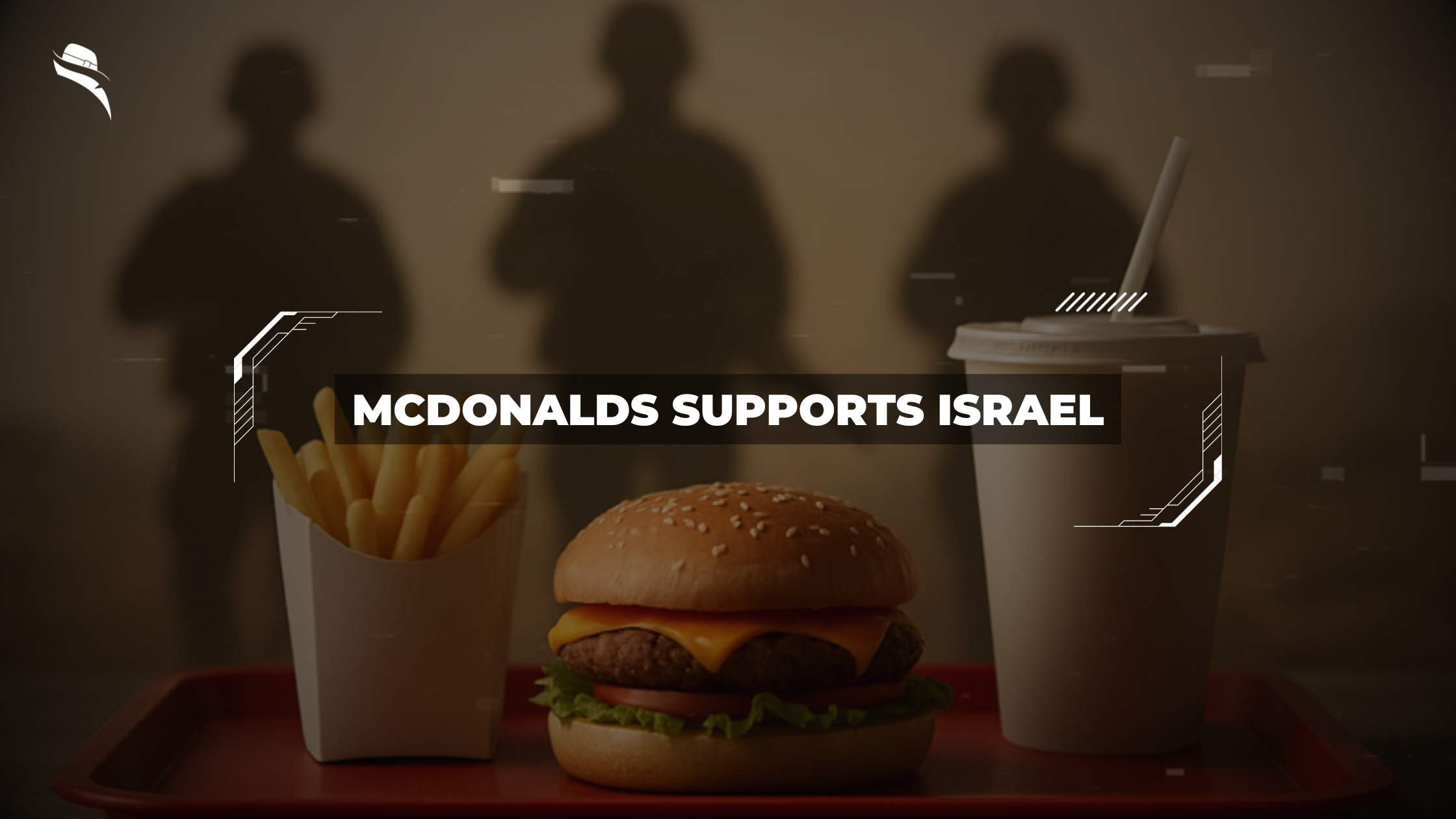
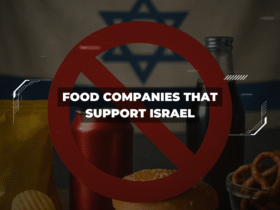

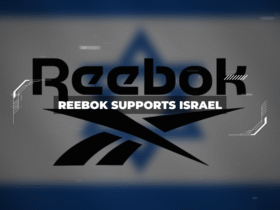
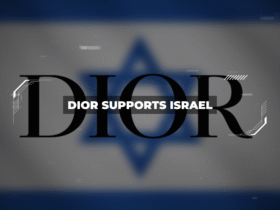
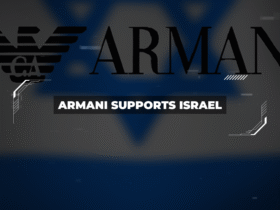
Leave a Reply